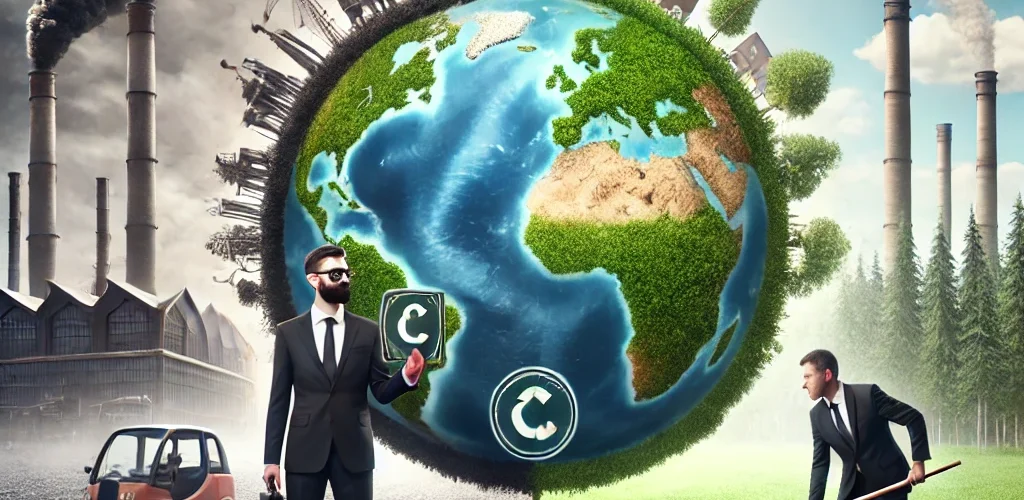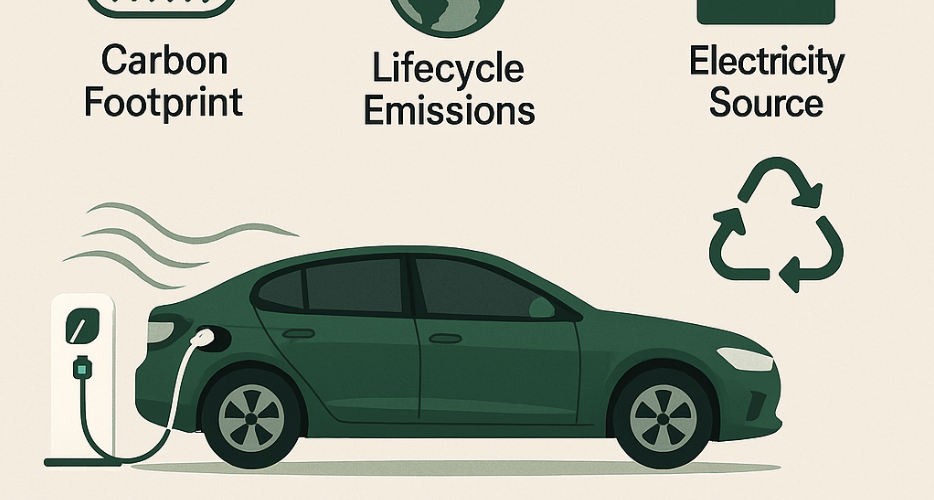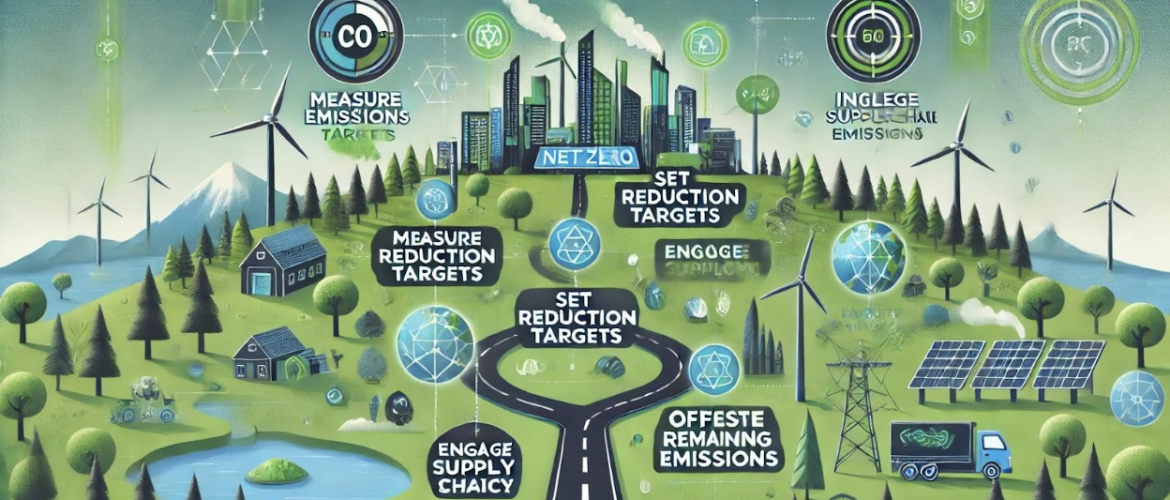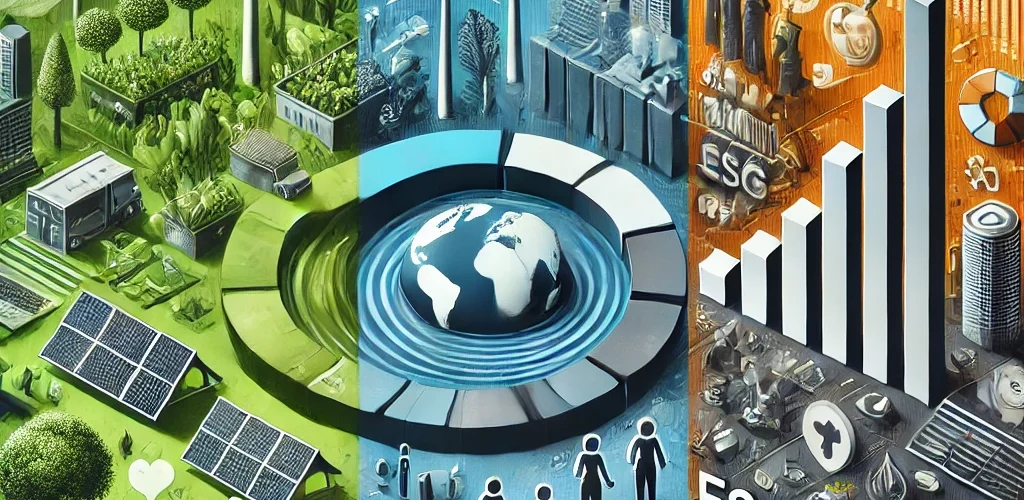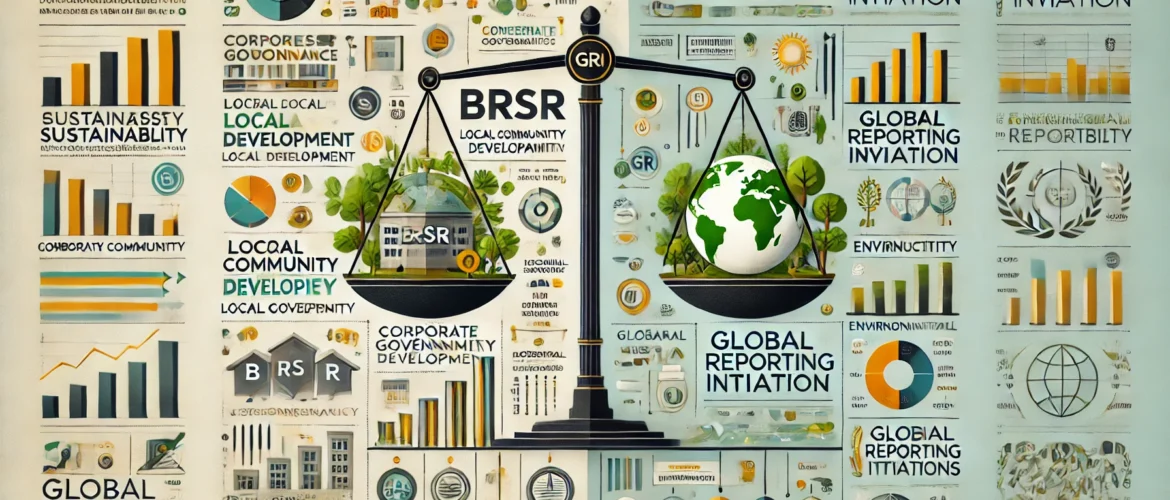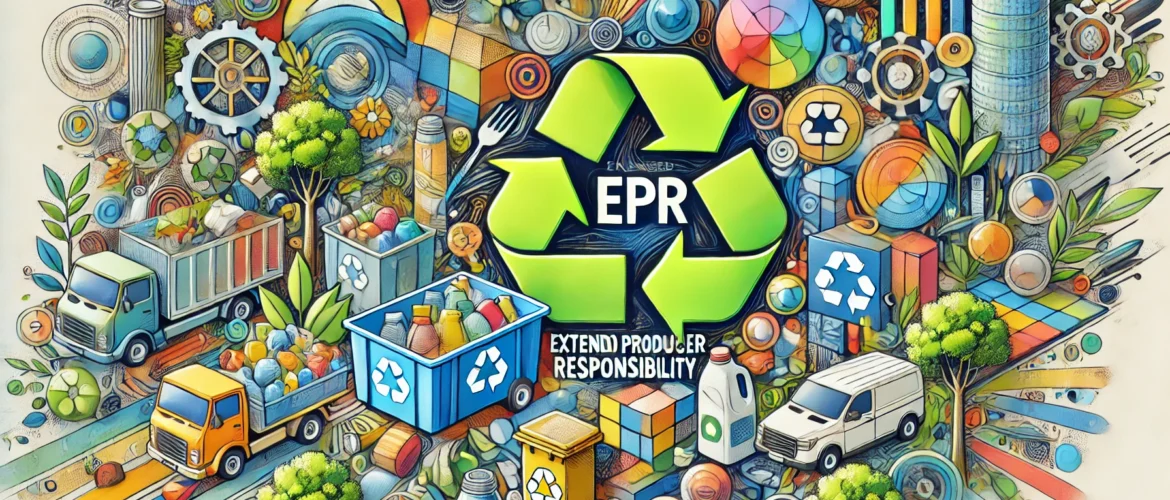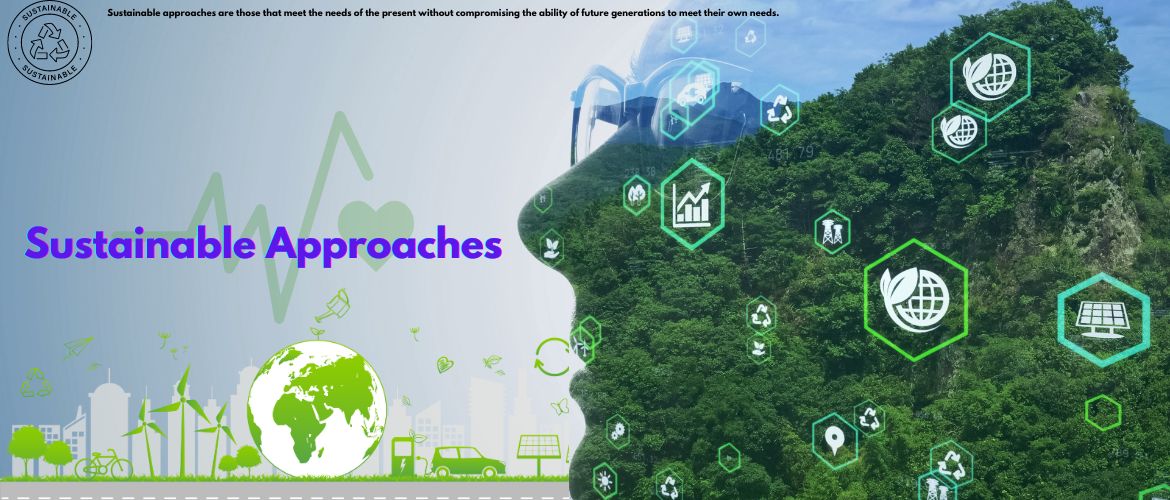Carbon Markets: Trading Solutions or Just Greenwashing? In an era of heightened awareness about climate change, carbon markets have emerged as a potential solution for reducing global emissions. But as the urgency to combat climate change increases, questions arise about the true effectiveness of these markets. Are carbon markets a legitimate trading solution that can help us meet our net-zero targets, or are they just another form of greenwashing, allowing companies to appear sustainable without making real changes? In
Are EVs Truly Zero Emission? Unpacking Their Full Environmental Impact Electric vehicles (EVs) have emerged as a cornerstone of the global shift toward clean transportation. Marketed as “zero-emission” alternatives to gasoline-powered cars, EVs have gained traction for their potential to combat climate change. However, the reality is more nuanced. While they produce no tailpipe emissions, the entire lifecycle of an EV—from raw material extraction to manufacturing, energy consumption, and disposal—reveals a broader environmental footprint. To understand the true impact
Path to Net Zero: How Businesses Can Achieve Carbon Neutrality In today’s world, where climate change is no longer a distant concern, businesses are increasingly being called upon to reduce their environmental impact. The concept of “net zero” or carbon neutrality is quickly becoming a key focus, not just for governments, but for the private sector as well. Achieving carbon neutrality is critical not only for the environment but also for businesses aiming to remain competitive, sustainable, and in
Climate Chaos: Adapting to the New Business Normal The world is facing an era of unprecedented climate instability. From extreme weather events to supply chain disruptions, businesses are no longer just observers of climate change—they are on the front lines. Companies that fail to adapt risk financial instability, operational challenges, and repetitional damage. The new business normal is one where sustainability and resilience must be embedded into every decision. The Reality of Climate Chaos Rising global temperatures, erratic weather
What Are Zero Emissions and why it matters Zero emissions refer to the complete elimination of greenhouse gas emissions, particularly carbon dioxide (CO2), from human activities. This means that no harmful pollutants are released into the atmosphere from energy production, transportation, manufacturing, or other industrial processes. Achieving zero emissions is essential to mitigating the impacts of global warming and protecting ecosystems. The primary driver behind zero emissions is the urgent need to curb climate change. Rising global temperatures
Sustainability vs. CSR vs. ESG Reporting: Breaking Down the Differences for Smarter Business Decisions In the evolving business world, terms like Sustainability, Corporate Social Responsibility (CSR), and Environmental, Social, and Governance (ESG) Reporting often dominate discussions about corporate ethics and responsibility. While they share overlapping themes, each has a unique focus and purpose. Understanding their differences can help businesses make smarter decisions and create impactful strategies that
BRSR vs. GRI: Sustainability reporting has become a cornerstone of corporate governance, driven by heightened global awareness and increasing regulatory requirements. Among the prominent frameworks, India’s Business Responsibility and Sustainability Reporting (BRSR) and the internationally recognized Global Reporting Initiative (GRI) stand out as comprehensive approaches to Environmental, Social, and Governance (ESG) disclosures. While both prioritize transparency and accountability, their methodologies, scopes, and impacts differ significantly, making it essential for businesses to understand their
How EPR could revolutionize the fight against plastic waste: What You Need to Know! Plastic waste is choking our planet, polluting oceans, littering landscapes, and harming wildlife. As the crisis deepens, nations and industries worldwide are searching for innovative solutions to reduce the environmental impact of plastic. One strategy gaining traction is Extended Producer Responsibility (EPR). Could EPR be the key to revolutionizing the fight against plastic waste? Let’s dive into what EPR is, why it matters, and how it’s already making
“In a world where the consequences of environmental degradation are increasingly evident, the importance of sustainability has never been clearer.” Sustainability means meeting the needs of the present without compromising the ability of future generations to meet their own needs. It involves minimizing our ecological footprint and fostering a harmonious relationship between humans and the environment. Let’s explore some creative and effective sustainability approaches that are paving the way for a greener future. Circular Economy Firstly, the circular economy aims to redefine


